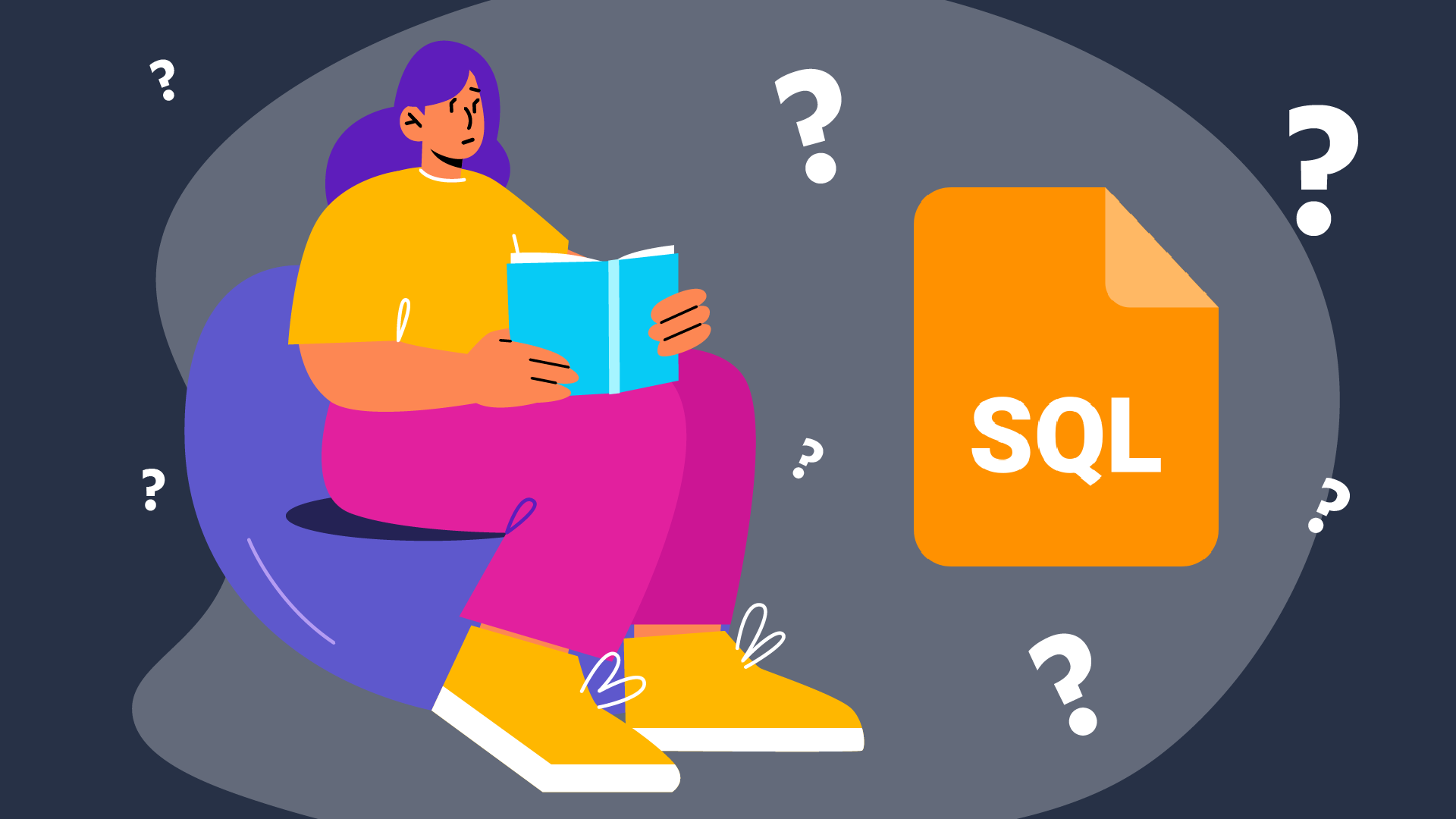Related courses
See All CoursesIntermediate
Working with Databases in Python
Master the essentials of working with databases in Python using sqlite3 and SQLAlchemy. Learn to store, modify, and retrieve data efficiently, build optimized queries, and connect your applications to databases. Gain practical experience in both SQL and ORM approaches to manage data through clean, Pythonic workflows.
Intermediate
Flask Intensive Course: Web Development with Python
You will face 100% hands-on practice and complete the project by the end of the course. This course is perfect for those who have never worked with Flask before. You will acquire the expertise to effectively utilize Flask for your project development needs. You will embark on a journey to create your initial application, mastering the fundamentals, and progressively enhancing your project to unlock its full potential. I will guide you step-by-step during the course.
Python's Prowess in Crafting Chatbots for Diverse Messengers
Navigating the Tapestry of Versatility

In the dynamic realm of conversational interfaces, Python emerges as a stalwart, weaving a seamless narrative across various messaging platforms. From the ubiquitous Telegram to the social hub of Facebook Messenger, the gaming haven of Discord, and the personalized touch of Viber, Python's multifaceted capabilities shine, rendering the development of chatbots an artful exploration.
Unveiling Telegram's Tapestry with python-telegram-bot
Embarking on the Telegram frontier, Python enthusiasts find solace in the intricate threads of python-telegram-bot. This library, akin to an artisan's toolkit, streamlines the intricate dance of message responsiveness, keyboard choreography, and the orchestration of Telegram's API symphony.
Run Code from Your Browser - No Installation Required

Facebook Messenger Bot: Navigating the Social Mosaic with pymessenger
As the digital tapestry extends to the realm of Facebook Messenger, Python's prowess is manifest in the form of pymessenger. Here, the language becomes a maestro, orchestrating the harmonious dispatch of messages and the nuanced handling of events, all within the vibrant canvas of the Facebook Messenger API.
Discord Bot: discord.py and the Harmonic Discordance
In the virtual amphitheater of Discord, Python unveils its melodic side through discord.py. This library, akin to a virtuoso's instrument, facilitates the handling of events, orchestrates user interactions, and sends messages that resonate within the unique symphony of the Discord API.
Start Learning Coding today and boost your Career Potential

Viber Bot: Python's Ballet with Viber API and Flask
Turning the spotlight to the realm of Viber, Python executes a graceful ballet with the Viber API and Flask. Here, the language takes on the role of a choreographer, deftly handling messages and orchestrating user interactions in a performance that unfolds seamlessly within the Viber landscape.
In this grand narrative of bot development, Python emerges not merely as a language but as a skilled storyteller, navigating the complexities of diverse messengers with finesse. The developer, armed with Python's tools and immersed in its vibrant ecosystem, embarks on a journey where the creation of chatbots transcends mere coding, evolving into a captivating tale of interaction, innovation, and boundless possibilities.
FAQs
Q: What are the main advantages of using Python for bot development?
A: Python's straightforward syntax makes development easier, and its extensive library ecosystem makes it a powerful tool.
Q: Which primary libraries are commonly used for bot development in Python?
A: Some popular libraries include python-telegram-bot for Telegram, pymessenger for Facebook Messenger, discord.py for Discord, and viberbot for Viber.
Q: How does Python facilitate integration with different messengers for bot development?
A: Python boasts excellent support for HTTP requests and working with APIs, making it ideal for interacting with various messengers through their APIs.
Q: What key security aspects should be considered in Python bot development?
A: Ensuring security involves handling input data, guarding against "SQL injection" and "Cross-Site Scripting" attacks, as well as ensuring the secure storage and processing of confidential information.
Related courses
See All CoursesIntermediate
Working with Databases in Python
Master the essentials of working with databases in Python using sqlite3 and SQLAlchemy. Learn to store, modify, and retrieve data efficiently, build optimized queries, and connect your applications to databases. Gain practical experience in both SQL and ORM approaches to manage data through clean, Pythonic workflows.
Intermediate
Flask Intensive Course: Web Development with Python
You will face 100% hands-on practice and complete the project by the end of the course. This course is perfect for those who have never worked with Flask before. You will acquire the expertise to effectively utilize Flask for your project development needs. You will embark on a journey to create your initial application, mastering the fundamentals, and progressively enhancing your project to unlock its full potential. I will guide you step-by-step during the course.
The 80 Top Java Interview Questions and Answers
Key Points to Consider When Preparing for an Interview
by Daniil Lypenets
Full Stack Developer
Apr, 2024・30 min read

The 50 Top SQL Interview Questions and Answers
For Junior and Middle Developers
by Oleh Lohvyn
Backend Developer
Apr, 2024・31 min read

The SOLID Principles in Software Development
The SOLID Principles Overview
by Anastasiia Tsurkan
Backend Developer
Nov, 2023・8 min read

Content of this article